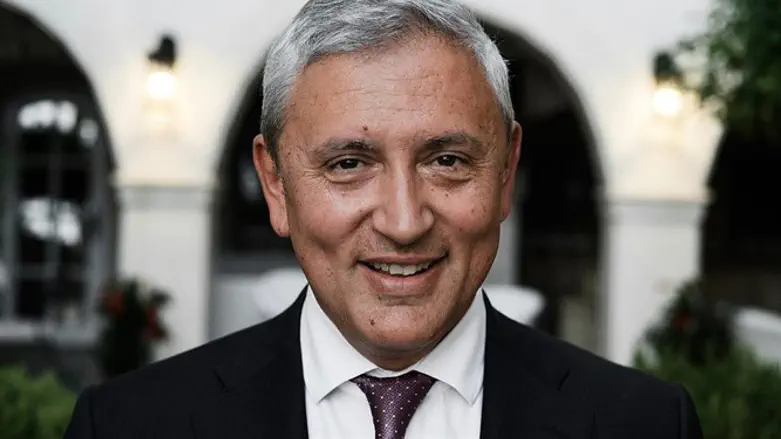
The last weekends’ Parliamentary elections in Montenegro represent a potential watershed for the country. Whoever forms the next government, the political landscape looks to have changed for good.
The election was held against a backdrop of significant tension between the governing DPS party –and the country’s Serbian Orthodox church. In an unprecedented move a law was passed in December (the so called Religion Law) allowing the state to seize assets of the church unless they could prove their historical ownership.
Unsurprisingly, the law triggered widespread protests in the country where around a third of the population are ethnic Serbs and the majority belong to the Orthodox Church. The issue was taken on board by the opposition and was the glue around which the For the Future Alliance coalesced.
The DPS party has also been accused of corruption and criticized for its autocratic tendencies, with much of the opposition campaigning focused on the country’s long-standing President Milo Djukanovic.
The DPS denies these charges and fought the election on a pro-Montenegrin platform. DPS argues the opposition parties behind the accusations are those responsible for a thwarted pro-Russian coup in 2016 and are actively seeking to undermine the country’s identity and independence by bringing it within the sphere of control of Serbia and Russia.
The outcome was a bitterly fought election with a high 75% turnout. The ruling DPS party won 35.2% of the vote, and 30 of the available 81 seats. The For the Future Alliance was slightly behind with 32.7% of the vote and 3 less seats, with the “Peace is Our Nation” coalition coming third with 12.5% of the vote.
Whilst both sides declared themselves the winners – the DPS because they are still the largest party, and the For the Future Alliance because they undermined the standing of the ruling party and believe they are best placed to form a new government – the verdict on the respective campaigns is clear.
The DPS strategy of creating a “culture war” and exploiting the divisions created backfired, serving only to galvanize supporters of religious freedom. The charge that the opposition were anti-NATO or anti-EU and somehow in the pockets of the Russians and Serbians seemed to have little credibility.
The opposition, by contrast, understood that Montenegrins were less concerned about what supposedly divided them, and more concerned about electing politicians that would finally lance the boil of corruption and deliver good governance.
We are now looking at three possible scenarios for a new government.
First, a weakened ruling party manages to cobble together an unstable coalition however without a strong electoral mandate, and with a flawed political strategy and manifesto, it will have to make some very difficult decisions if it is restore its standing with the electorate. After this election, the DPS no longer looks like the natural party of government in Montenegro.
The second scenario is a For the Future Alliance led coalition. Whilst this would not have any significant negative implications for Montenegro’s foreign policy it would, as with the DPS, face a real struggle to deliver its domestic policy agenda.
The third, and an increasingly likely scenario, is for the opposition parties to form a broader based ‘technocratic’ government. Its primary advantage is that it would maximize the possibilities for the legal and institutional reforms designed to address the issue of corruption and increase the functional capacity of the state.
A technocratic government would also help Montenegro address its democratic challenge. Although the fact of a peaceful handover of power suggests a relatively healthy democracy, it cannot mask the widespread campaign and voting irregularities which took place. The US human rights organisation Freedom House asserted Montenegro is no longer a democracy, but a “hybrid regime”.
A technocratic government may provide Montenegro’s best hope of successfully addressing all of these issues and, in doing so, smooth the path towards EU membership.
Whichever of the different government scenarios plays out, this election has shaken the established political order in Montenegro. It looks like a watershed moment.
We are convinced that the developments in Montenegro are closely monitored from Israel since a number of successful cooperation on security and defense matters notably already exists between both countries. And there is potential for more cooperation and investments in renewable energy, agriculture, border control, port and airport development, real estate, water management or sustainable development for example. Montenegro is also a very nice touristic destination where people from all origins and religions would always been welcomed.
Vladimir Krulj is a Fellow at the Institute of Economic Affairs in London
